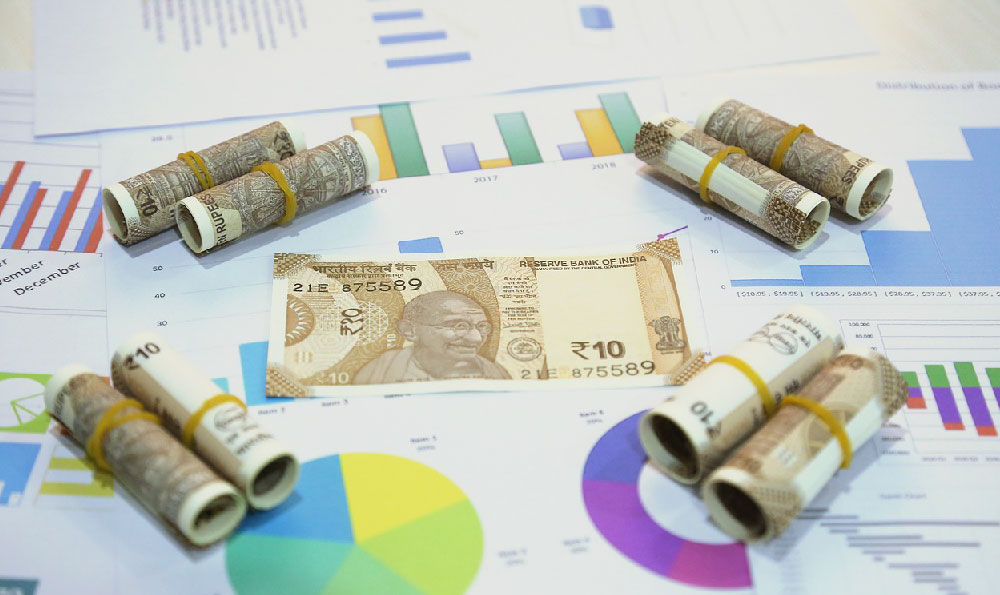The age-old question of whether money can truly buy happiness has resonated across generations and cultures. It’s a complex inquiry, deeply interwoven with our values, experiences, and understanding of well-being. To dismiss it with a simple yes or no is to ignore the intricate relationship between financial resources and our overall sense of contentment.
On the surface, money undeniably provides access to basic needs and comforts that contribute to a sense of security and well-being. Adequate financial resources allow us to afford shelter, food, healthcare, and education, all of which are fundamental for a decent quality of life. The absence of these necessities can undoubtedly lead to stress, anxiety, and unhappiness. In this context, money acts as a buffer against adversity and a facilitator of essential needs, laying the groundwork for potential happiness. Consider the peace of mind that comes from knowing you can readily cover unexpected medical bills or provide a stable home for your family. This kind of security is a direct result of financial stability and a powerful contributor to overall happiness.
Furthermore, money can unlock opportunities for personal growth and enrichment. Travel, hobbies, and educational pursuits often require financial investment. These experiences can broaden our horizons, foster creativity, and lead to a greater sense of fulfillment. Learning a new skill, exploring different cultures, or pursuing a passion project can be incredibly rewarding and contribute significantly to our happiness. For instance, someone passionate about photography might invest in professional equipment and workshops, leading to greater enjoyment and perhaps even a career. The ability to invest in these areas enhances life experiences and consequently happiness.

However, the relationship between money and happiness plateaus. Studies have shown that once a certain income threshold is reached, the correlation between wealth and well-being diminishes significantly. This suggests that after our basic needs are met and we have some financial security, additional money does not necessarily translate to greater happiness. In fact, it can sometimes have the opposite effect.
The pursuit of excessive wealth can lead to a preoccupation with material possessions, social status, and keeping up with the Joneses. This can create a cycle of dissatisfaction and a constant yearning for more, preventing us from appreciating what we already have. The relentless pursuit of financial gain can also come at the expense of other important aspects of life, such as relationships, health, and personal values. Working long hours to accumulate wealth may lead to burnout, stress, and strained relationships with loved ones. In these scenarios, the pursuit of money actively detracts from happiness.
Moreover, happiness is often found in experiences and relationships rather than material possessions. Spending quality time with loved ones, engaging in meaningful activities, and contributing to something larger than ourselves are all powerful sources of happiness that are not directly tied to wealth. Studies have consistently shown that strong social connections and a sense of purpose are crucial for well-being. Volunteering, engaging in community activities, and nurturing relationships with family and friends can bring immense joy and satisfaction, regardless of one's financial status.
The way we spend our money also plays a significant role in its impact on happiness. Research suggests that spending money on experiences, rather than material possessions, tends to bring greater long-term happiness. Experiential purchases, such as travel or concerts, create lasting memories and foster social connections, contributing to a greater sense of well-being. Similarly, spending money on others, through charitable giving or acts of kindness, has been shown to increase happiness. Altruistic behavior activates reward centers in the brain, leading to feelings of joy and satisfaction.
Furthermore, our values and priorities significantly influence the relationship between money and happiness. If we prioritize material wealth above all else, we may find ourselves constantly striving for more, never truly feeling content. However, if we value experiences, relationships, and personal growth, we are more likely to find happiness regardless of our financial status. Cultivating gratitude for what we already have and focusing on the present moment can also enhance our sense of well-being. Mindfulness practices, such as meditation, can help us appreciate the simple joys of life and reduce the desire for material possessions.
In conclusion, money is a tool that can be used to enhance happiness, but it is not a guaranteed path to it. While financial security is essential for a decent quality of life, the pursuit of excessive wealth can sometimes be detrimental to our well-being. True happiness is often found in experiences, relationships, personal growth, and a sense of purpose. By prioritizing these aspects of life and using money wisely, we can maximize its potential to contribute to our overall happiness and well-being. The key lies not in accumulating wealth for its own sake, but in using it as a means to achieve a fulfilling and meaningful life. It’s about finding the balance between financial security and the pursuit of those things that truly matter to us.












